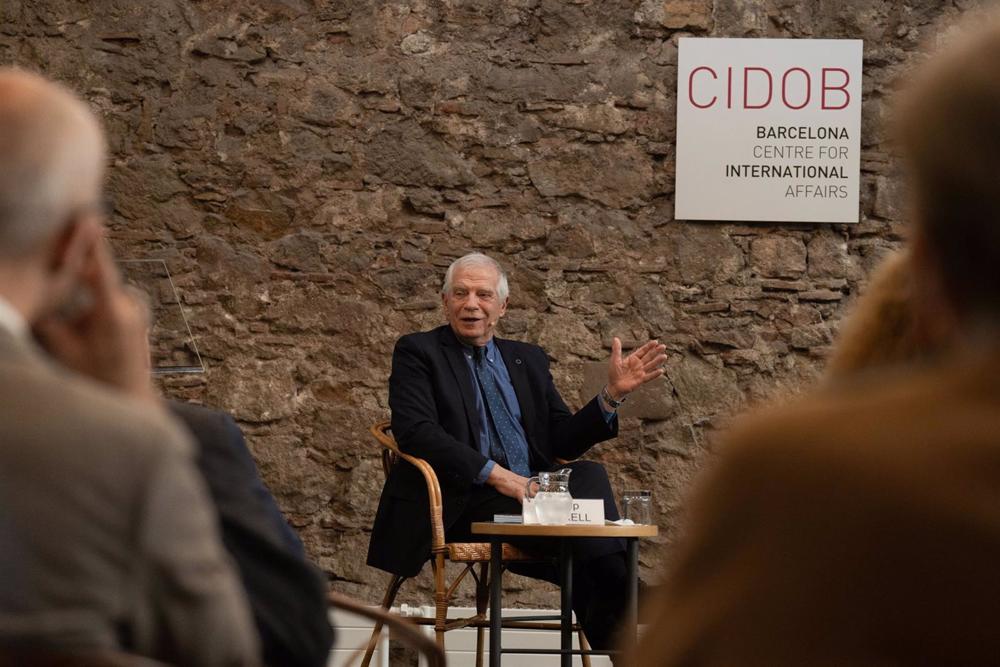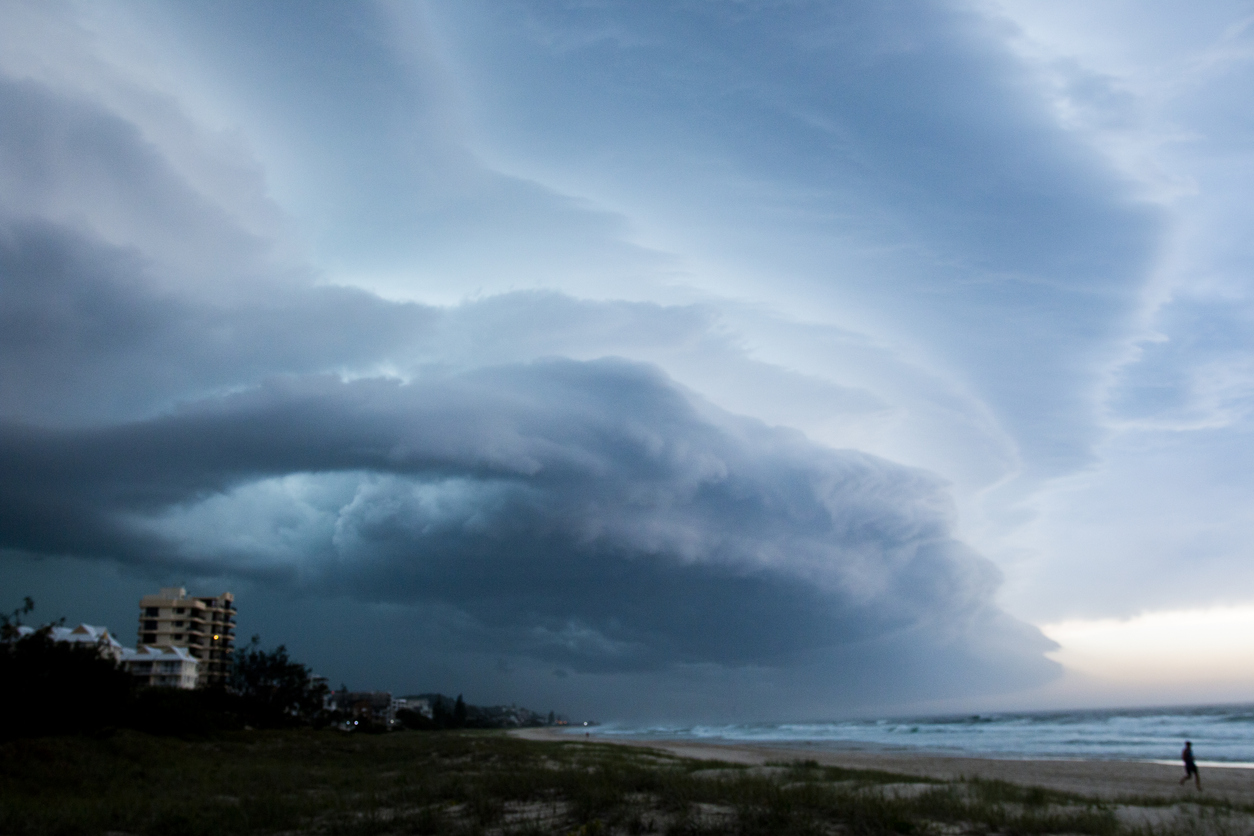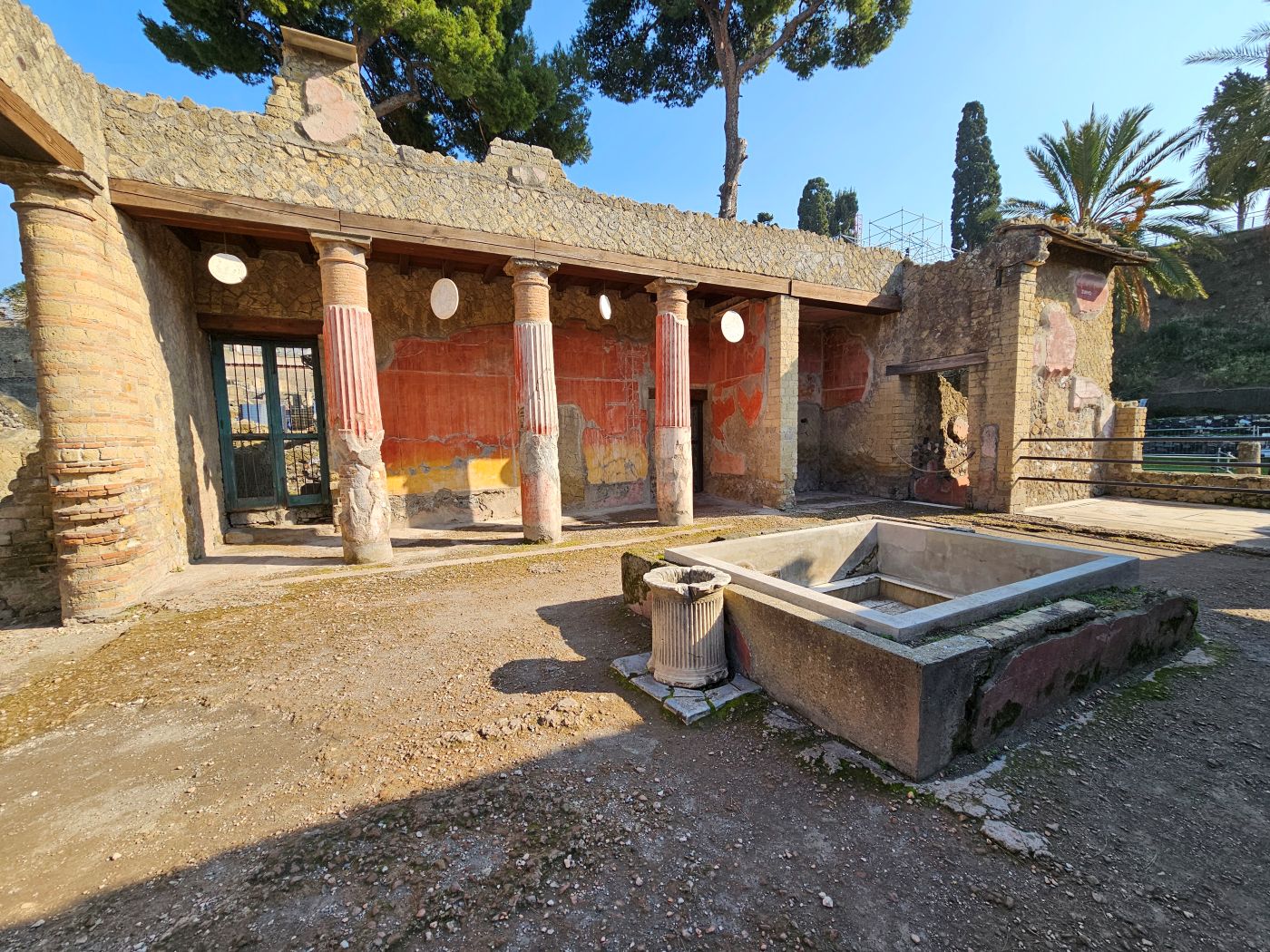
The European Union’s High Representative for Foreign Policy, Josep Borrell, has assured that the EU «has to address a rearmament process if it wants to be up to the challenges it faces», and has advocated coordination between countries to achieve this in a harmonized manner.
In a dialogue this Friday in Barcelona with the director of the CIDOB, Pol Morillas, he maintained that the war in Ukraine has served the EU to realize that this rearmament is necessary, although he added that the Union also has «other challenges» in the world.
He explained that the European defense industry is working at full power to replenish the stock of weapons that have been destined for Ukraine, and he has opted to think about the defensive capacity of the Union as a whole: «If this is done by each country on its own, it will be a waste of resources», he warned.
He does not think it is possible that there will be a European army, but he stressed that progress must be made to make the European military force more powerful, since he considers that «now it is not», and he also assured that it is not enough to have the umbrella of the United States, because there will be conflicts in which the Americans will not want to enter, after which he mentioned the Sahel.
THERE WILL BE NO «ARMAMENTARY RACE» IN THE EU The head of European diplomacy also stressed that Europe «will not embark on an arms race» with the war in Ukraine, and added that the EU is a peace project and not a military alliance.
«We want to have the capacity to coordinate our armed forces, but we do not have to make a European NATO,» and he argued that the European security system should be rebuilt as happened with the OSCE at the end of the Cold War, but he sees it difficult to do so right now without knowing how the distribution of power within Russia will end up.
Borrell believes that it is too early to think about what relations with Russia will be like after the war with Ukraine, and warned that there is a possibility that the conflict could «not end but freeze as in Korea» and that it could become chronic with a ceasefire and a front line.
He regretted that Russia does not admit the EU as an interlocutor, but is more comfortable talking separately with the countries, but he assured that the European sanctions will be a fundamental element in the negotiation with Russia, so he considers that the EU must be at the negotiating table of a security order: «I do not aspire to take the lead in negotiations that allow a cease-fire», he acknowledged.
«AVOIDING DEPENDENCE» ON CHINA With regard to relations with China, he affirmed that they will inevitably be very complex, but he defended that «it is necessary to avoid that the interrelationship becomes dependence», since he considers that this is the mistake that the EU has made with Russia and its energy dependence, something that is now being corrected, he added.
Borrell said that with China the battle of narratives is increasingly important and decisive, after which he pointed out that these battles «are not won by bombing territories, but by bombing minds and conditioning the way people think».
«The competition with China has to be ideological and factual. If it is only ideological, it leads to a confrontation, which will not be good for anyone, or to an impasse, to a lack of cooperation,» he warned, and stressed that problems such as climate change cannot be solved without cooperating with China.
Borrell said that the EU is in foreign policy as it was in monetary policy before the euro, since it is in a phase of doing something in common but not in having a single foreign policy.
He gave as an example the investments in Latin America, where the «massive presence of European investment does not correspond to the political influence it should have», and he considers that this is a consequence of the fragmentation of foreign policy, which no State is going to renounce, he pointed out.






